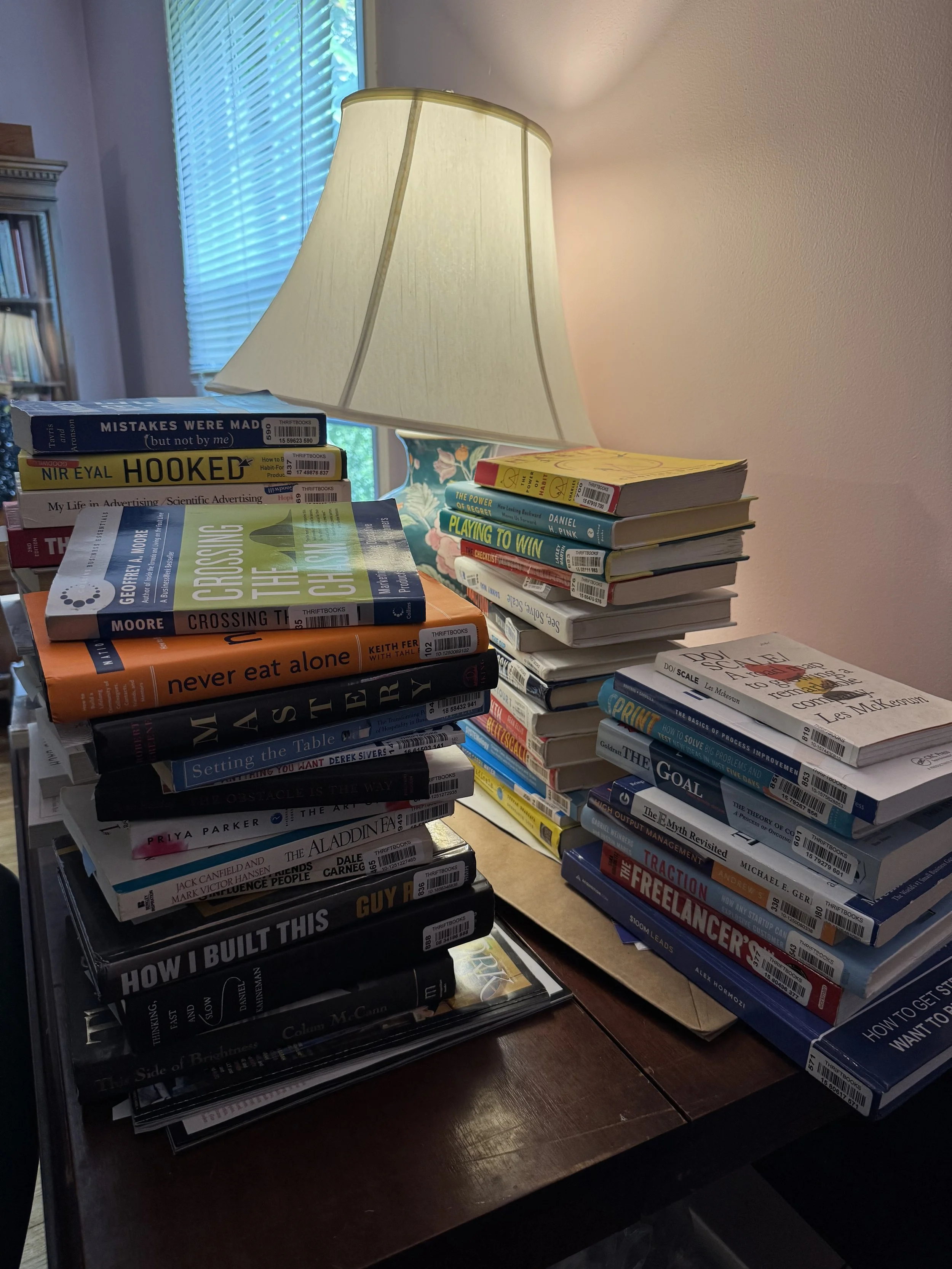The Outline Strategy: How To Balance Perfectionism with Progress
My whole life I've been kind of a perfectionist. Or, at least that's what I told myself. I really prided myself on being a hard worker and doing high quality work. In high school and college, I would go out of my way to spend hours making sure something was perfect, that I'd considered all of my arguments carefully and addressed every counter argument. As you can imagine, this requires a lot of preparation and understanding a lot of different viewpoints. This was really valuable to me in a school setting, but I've been learning that it's not always a strength in the real world.
I would usually do everything I could imagine to prepare myself to do something, then have a realization that I wasn't actually doing anything, then do something "bold" (read: reckless) to compensate for putting things off so long. What I was really doing was using education or preparation as a way to procrastinate, then doing something extreme that was never going to work out. And it was an endless and vicious cycle.
For example, I have more books than I can count because "I need to know everything before I can start." Not only is that not true, it's a really harmful way of procrastinating because who can argue with more education? It feels like the responsible course of action in the moment, but it delays progress by months or years.
Here are some of the books you don’t need to read before you start a business.
After not taking any action for months, I was feeling like something in my life needed to change. In our first business, my sister and I bought 5,000 books to resell without having any kind of customer or sales lined up -- huge mistake. We thought throwing ourselves into this business without any real plan was the right thing to do, but it was actually just reckless.
Now in our new native plant business, we've found a happy medium. We knew delaying things too long was just going to lead to anxiety and fear, possibly delay us another season completely. But if we did everything up front without having actual plans arranged, we'd be open to financial risk. So we outlined all that we wanted to do and planned how we would do it, then arranged sales, then executed. It was a happy medium for getting us out there before we felt ready, but also made us feel like we knew exactly what to do.
The Outline Strategy
Set a goal and a deadline, ideally for the next few weeks or 1-2 months. It should be ambitious enough that you feel scared you won't meet your goal if you delay.
Jot down 3-5 things you would need to do to meet that goal. These are not nice-to-haves, they are the essential must-haves for the goal to be accomplished.
Take one immediate and small action today. It has to be some sort of concrete action that actually makes you feel like you overcame a hurdle. It helps to assume that this will be a rejection or that you won't hear back. In fact, the success is that you did the action at all, not what the outcome is.
Here's how this looked in action for our native plant business:
Step 1: Set a goal and deadline
We wanted to partner with organizations in our community to do pop-up sales and fundraisers. In December, we made the decision that we wanted to have all of our native plant sales scheduled before the end of March.
Step 2: Essential steps needed to achieve goal
Find partners to host/advertise pop-up fundraiser sales
Identify a wholesale native plant supplier and make sure we understood the process for ordering plants when we had an upcoming sale
Build some sort of online presence (website or social media) so people can communicate with us
Step 3: Immediate action
We had 2-3 organizations in mind that we thought would be a good fit to work with so we drove to the closest one and asked to speak with one of the owners. Unfortunately, they weren't there that day so we sent an email instead. We initially received a rejection, but ultimately reconnected a few months later and ended up having a sale with them.
Almost as soon as we started, we learned new things and were able to fill in the details. We eventually decided to make a marketing packet to help the fundraisers, and we made a native garden trail for people to visit and get inspiration from real native gardens near them. But our basic plan never changed -- we still needed to have sales lined up, a way to get plants, and a way to communicate with clients.
Don't get me wrong, reading books has been an invaluable and completely necessary part of starting a business, but there's a balance. You want to be reading books as they become necessary and directly relevant to a problem you are trying to solve. Many of my most successful ideas have come while reading books and trying to apply what I've read to my current problem. But you need to be aware that you're open to procrastinating and you need to prioritize your business - especially if it's solving an urgent climate problem.
I know the world is complicated and we all want to do a good job, but there's a delicate balance between making progress and preparing for progress. We want to be informed enough to know the direction we're going in, but we learn faster and better when we are actually doing.
